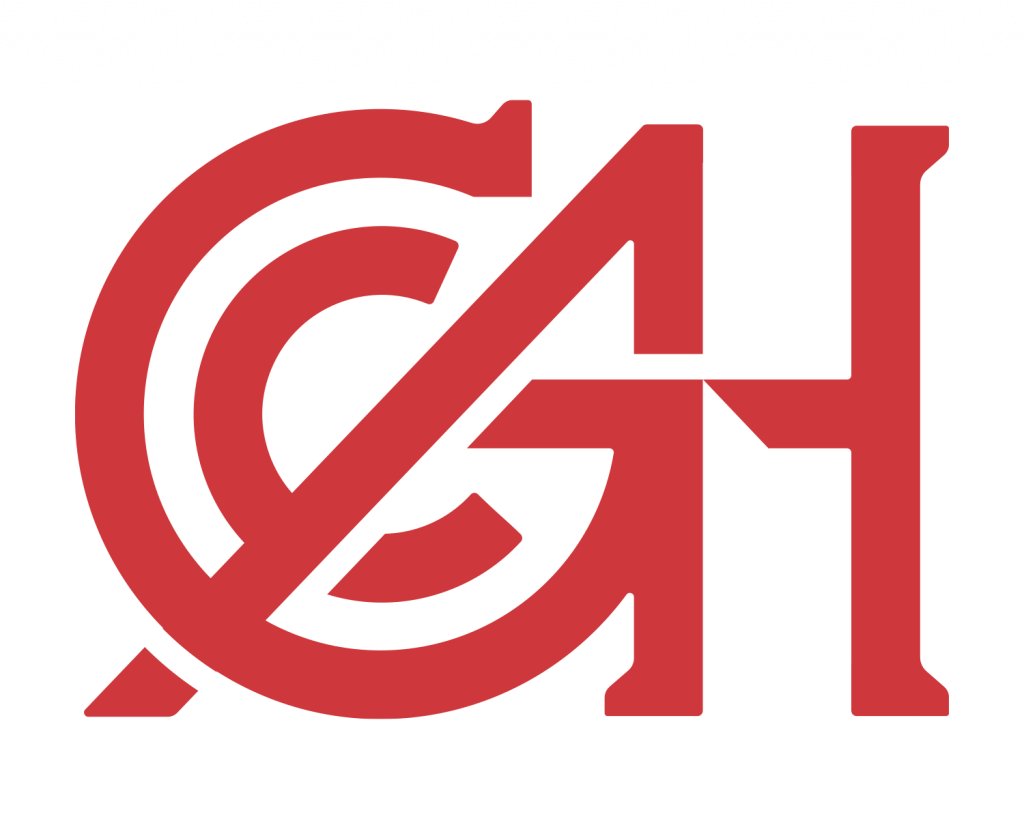
Interns: A Measurable Payback for GCA Member Companies
There is no magic formula to finding great people with the right skills for your company. It takes relentless recruitment and investment. GCA member companies are taking workforce development challenges into their own hands to ensure they have qualified staff so that their companies can meet the demands of current workloads and be prepared for future growth.
Benefits for the Companies
Internships give students the opportunity to further their future careers by gaining practical experience in the construction industry, but the companies that employ them benefit just as much from the experience.
In practical terms, internships are a company’s way of investing in their future success. Companies can use internships to find new employees who can augment the capabilities of current staff. Interns also bring fresh, new ideas and suggestions as they participate in project teams and meetings.
“Internship programs are a great way to train and build your workforce. They’re a cost-effective approach to recruitment and provide current employees opportunities to train and mentor future leaders.”
Kapua Ponimoi,
Talent Acquisition Manager, Hensel Phelps
“Internship programs are a great way to train and build your workforce. They’re a cost-effective approach to recruitment and provide current employees opportunities to train and mentor future leaders,” said Kapua Ponimoi, talent acquisition manager for Hensel Phelps. “It’s also a great branding opportunity because successful interns will share about their experiences with other students in their school that will attract interest in your company and your internship program.”
Rick Crago, operations manager with Hensel Phelps, added that internships offer students “an introduction to what we do as a company, our company culture, and a day in the life at Hensel Phelps, including what our workload looks like. We offer hands-on learning experiences so that students can put to use what they’ve been learning in the classroom.”
He noted that internships are essentially “a three-month interview opportunity, usually from May to August, for both the company and the student,” and that “successful interns return to school and promote your company and interest in your internship program.”
“Historically, Hensel Phelps had 15 to 25 summer interns. However, in the last two years we have increased our numbers—27 interns in 2023 and 33 in 2024,” Ponimoi said. “We also take on one to three spring/co-op interns each year and participate in the ACE program where we’ve offered one to two high school students an opportunity to work 80 hours during their school year.”
Matt Heahlke, regional manager with Goodfellow Bros. agrees. “We see an internship like an extended job interview,” he said, noting that is an opportunity for students to prove themselves and to see if they are good fit for Goodfellows Bros.
Gregg Ichimura, vice president of operations with Koga Engineering and Construction, sees the value of internships for both students and companies. “Our goal is to have our interns ready for full-time employment by the time they graduate,” he said. “That’s why we prefer to have interns start with us when they are freshman or sophomores. Every year, we hire one or two of interns.”

Russell Inouye, 2024 GCA 1st VP & President of Koga Engineering & Construction, speaks with University of Hawaii College of Engineering students at a recent CLC / UH College of Engineering Seniors Social event.
Finding Students
But the big question is where to find students for the internships? Hensel Phelps reaches prospective interns at college and university career fairs in the spring and fall seasons. “The colleges and universities we attend are ones that have proven to have successful hire and retention rates, and ones where we have a high number of alumni representation on our current staff,” Ponimoi said. “We also target universities that have proven to produce candidates with successful leadership succession in our company.”
“Throughout the year, our recruiting teams keep in close contact with engineering program professors, student resource groups, current students, and the career offices which help to promote our internship program. We currently take the lead recruiting role within our company at over 20 universities across the United States from the East Coast to the West Coast,” she added.
“Awareness is key since many may not have any family member in the construction industry and so they are not exposed to the field.”
Matt Heahlke
Regional Manager, Goodfellow Bros.
Heahlke noted that Goodfellow Bros. and his colleague Doug Rhodes, who is responsible for recruitment, has a different approach.
“We want to start recruiting at younger age, reaching students while in high school,” he said. “Awareness is key since many may not have any family member in the construction industry and so they are not exposed to the field. The courses, mentors and opportunities are especially important for these students.”
He said Waipahu High School is a good example of student outreach and offers a wealth of pre-construction instruction for students who can be paired with construction industry mentors.
We hope you enjoyed this featured article! Comments or feedback? Send an email to communications@gcahawaii.org.
Mahalo!
